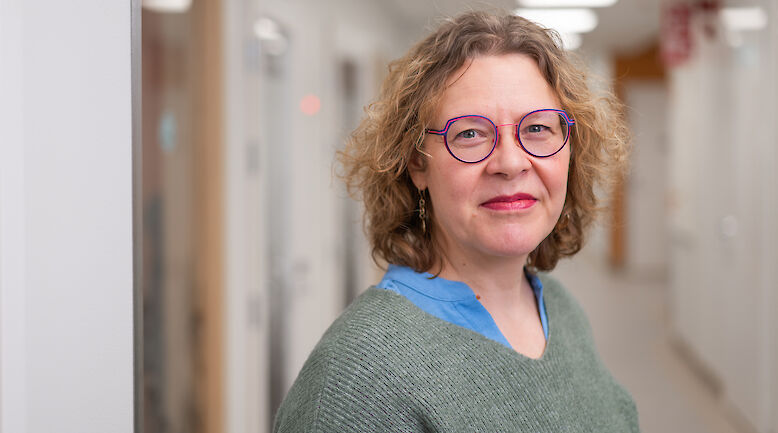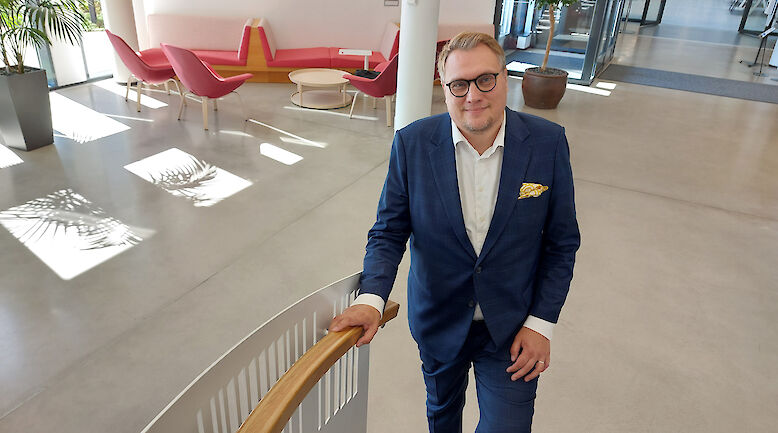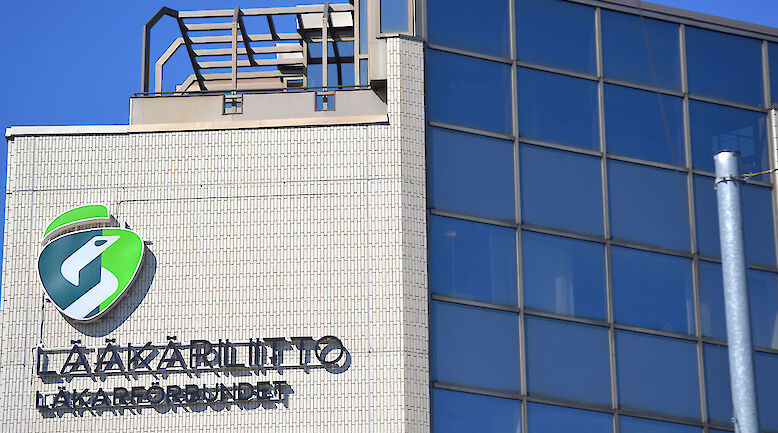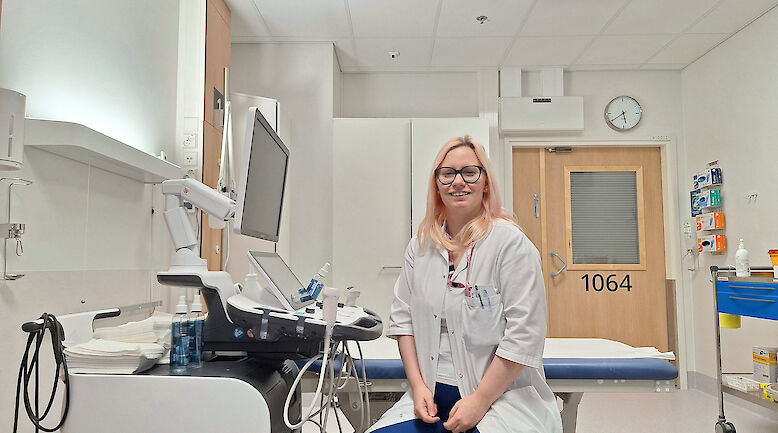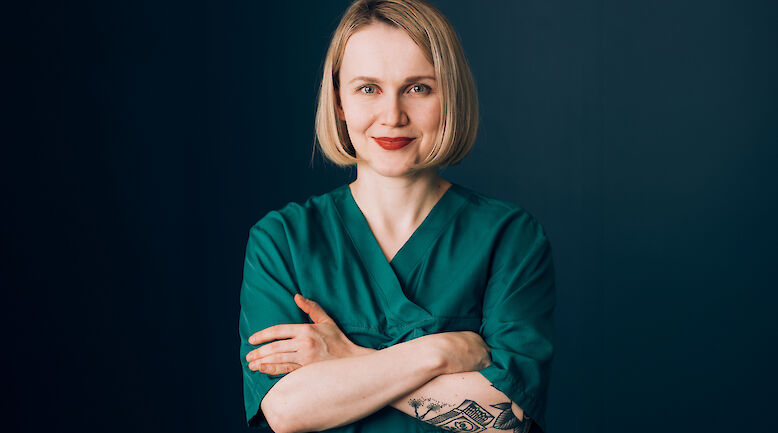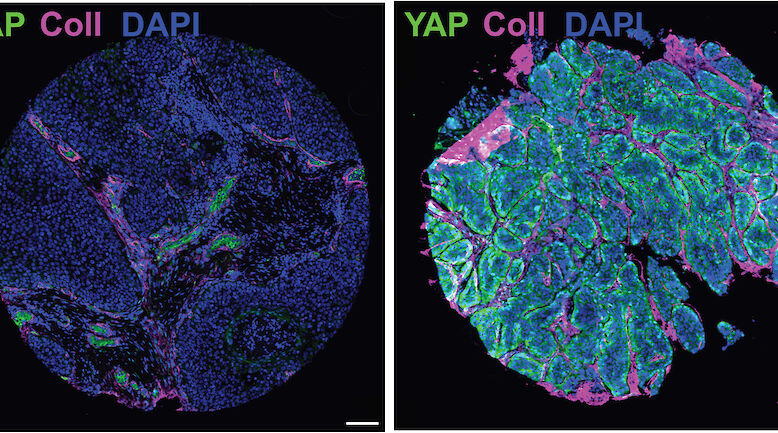English summary: Challenges in differential diagnosis of working age memory problems Evaluation of referrals and follow up procedures in a memory clinic
Approximately 6000-7000 Finns suffer from early-onset dementia during working age. At the same time, memory problems originating from other, often unspecific, causes are much more common. In the last decade, outpatient memory clinics have been established in University Hospitals to assume responsibility for diagnosing neurodegenerative diseases and providing guidelines of treatment. Referrals to these clinics by health care professionals have been encouraged in order to promote early diagnosis and accuracy of treatment in this group of patients. The number of referrals appears to be on the rise due, amongst other things, to increasing cognitive demands in working life. The procedures followed in these clinics are designed to serve well when the patients have dementia. However, in the case of unspecific memory problems of working aged people, shortcomings in reaching a medical diagnosis and planning solutions and follow-up have become evident.
The aim of this study was to create a knowledge basis for further development of co-operation in the health care sector in managing memory problems of working aged people. During one year, we analyzed all referrals of non-retired working aged patients to a memory clinic in a University Hospital, and the primary diagnoses made during a follow-up period of 5-12 months. Of all 98 patients, a neurodegenerative memory disorder was diagnosed or strongly suspected in one fifth of cases. However, two thirds had no neurological disease but milder memory problems originating from depression, burnout or sleeping problems that affected their performance at work but not in daily living. In the co-operating health care practices, the procedures for handling these problems without unnecessary medicalisation as well as procedures for sharpening the skills of accurately diagnosing early-onset dementia are to be further developed.
